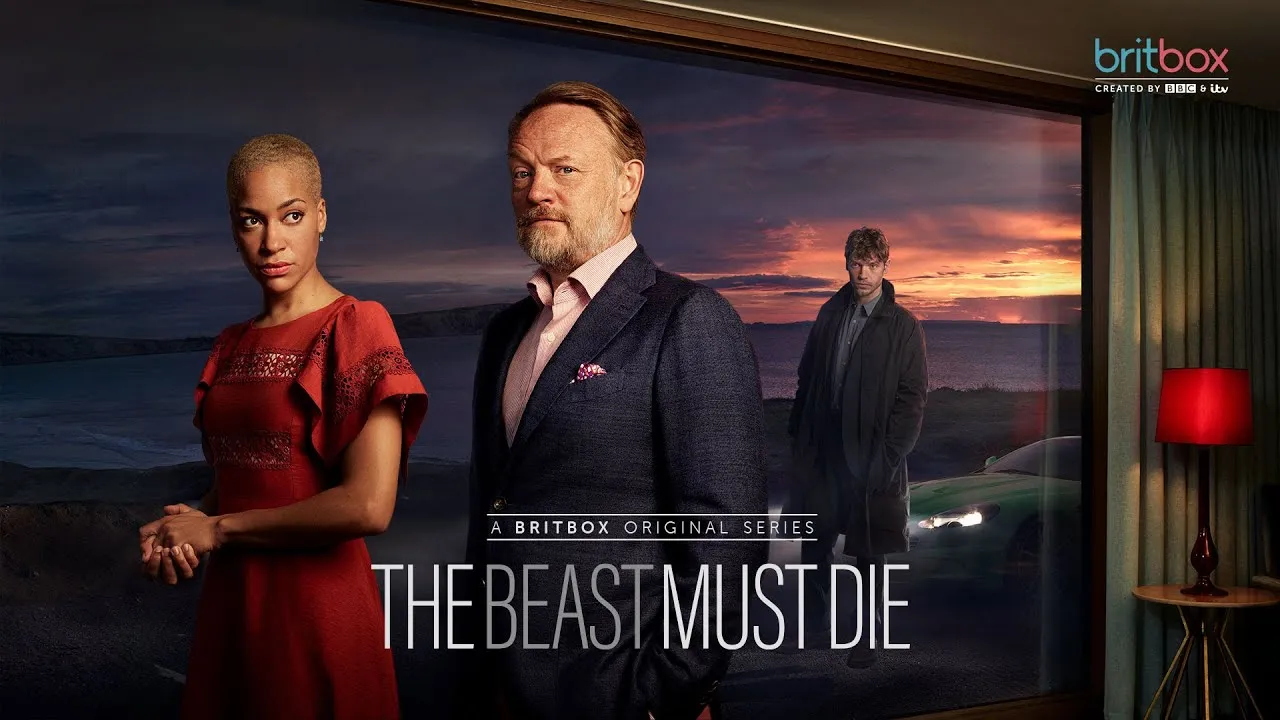Frost (2022)
Frost is a 2022 survival thriller directed by Brandon Slagle that tells a harrowing tale of isolation, desperation, and endurance in the face of brutal natural elements. The story follows Abby, a young woman in the final stages of pregnancy, who sets out on a trip to reconnect with her estranged father, Grant, after years of emotional distance. What begins as a tense but hopeful reunion quickly transforms into a nightmare when the two become stranded in the wilderness during a sudden snowstorm.
After their car skids off a mountain road and crashes, Abby finds herself trapped in the wreckage with a serious leg injury. Her father, despite his flawed past and struggle with alcoholism, ventures into the storm on foot to find help. As time passes and Grant fails to return, Abby is left alone, immobilized and exposed to freezing temperatures. With no food, water, or means of communication, she must rely on her instincts and limited supplies to survive the elements and protect the life growing inside her.
The tension in Frost comes not from action sequences or external threats but from the slow, relentless ticking of time and the overwhelming silence of isolation. Abby’s mental and physical deterioration is depicted with a chilling realism. Each moment drags with mounting dread as she begins to experience hallucinations, hear distant howls from potential predators, and question whether help will ever arrive. Her surroundings — the snow-covered car, the silent forest, the overcast skies — add to the overwhelming sense of helplessness and claustrophobia.

Devanny Pinn delivers a deeply committed performance as Abby, carrying much of the film's emotional and psychological weight. Her portrayal of a woman grappling with both physical agony and the psychological strain of impending motherhood under impossible circumstances is raw and convincing. Vernon Wells, known for iconic action roles in the 1980s, brings a weathered sincerity to the role of Grant, whose guilt and desperation add complexity to what might otherwise be a standard survival narrative.
Visually, the film is stark and minimalist. The cinematography relies heavily on tight shots inside the car, the bleak landscape outside, and the cold color palette to emphasize Abby’s isolation and the unforgiving nature around her. The sound design is subtle but effective, using the wind, creaking metal, and Abby’s breathing to intensify the unease.

While Frost received mixed reactions from viewers and critics alike, many praised its commitment to realism and emotional intensity. Others criticized its slow pacing and a final act that takes a jarring and controversial turn. The ending is especially divisive, with some calling it bold and others feeling it undermines the emotional investment built throughout the film.
Ultimately, Frost is a slow-burning, atmospheric survival film that examines the primal will to live under extreme conditions. It's not a film filled with action or spectacle but one that lingers in discomfort and silence. Viewers looking for a grounded, emotionally taxing story of survival may find it compelling, while those expecting a traditional thriller may find its quiet despair difficult to endure.

-1751941370-q80.webp)
-1752130628-q80.webp)